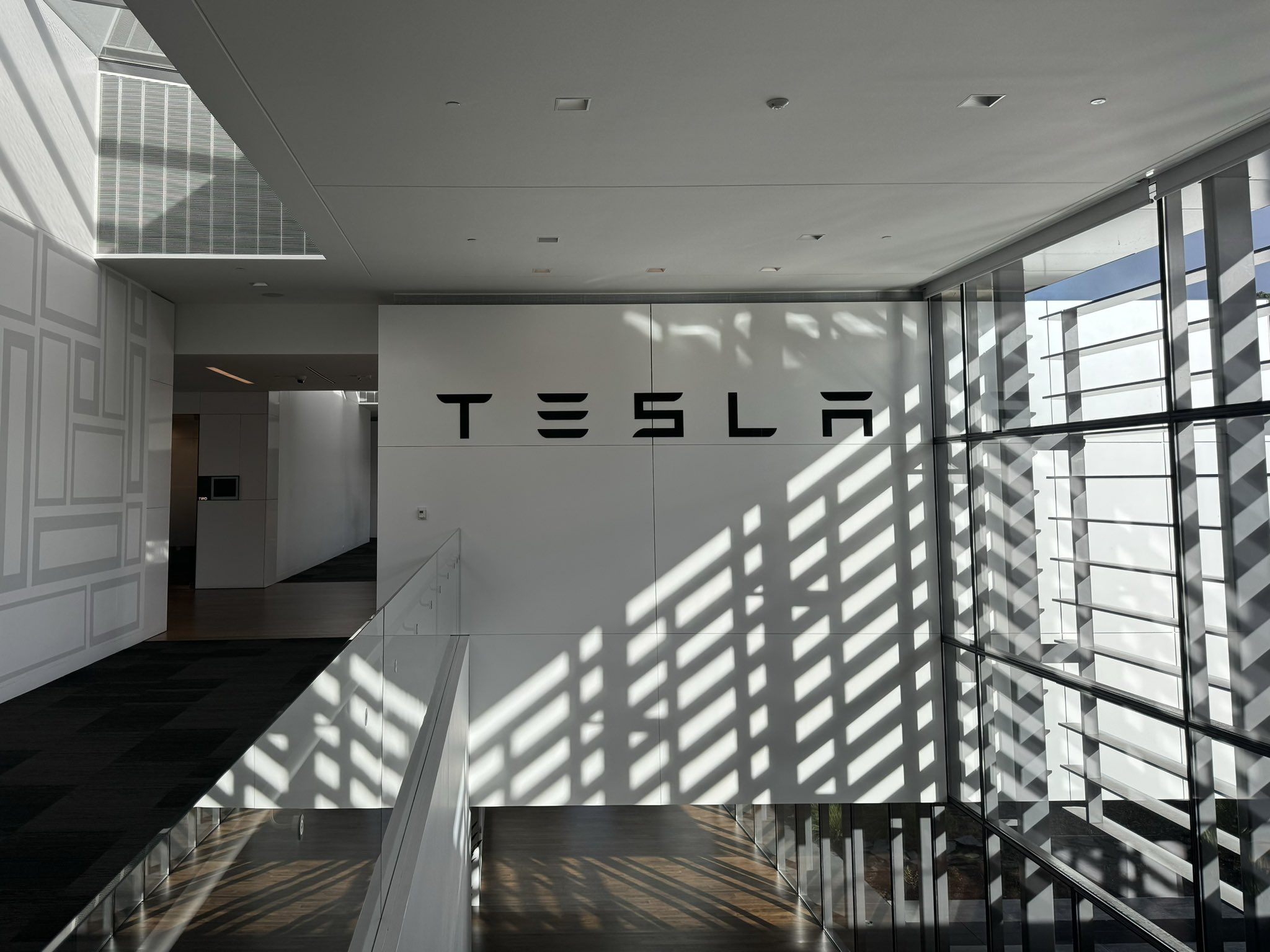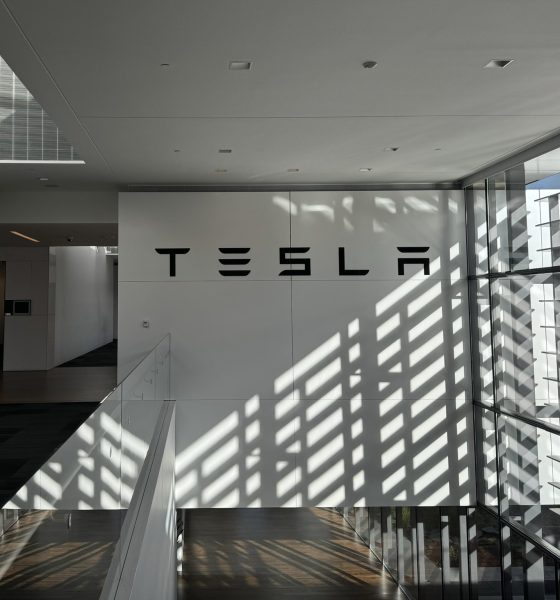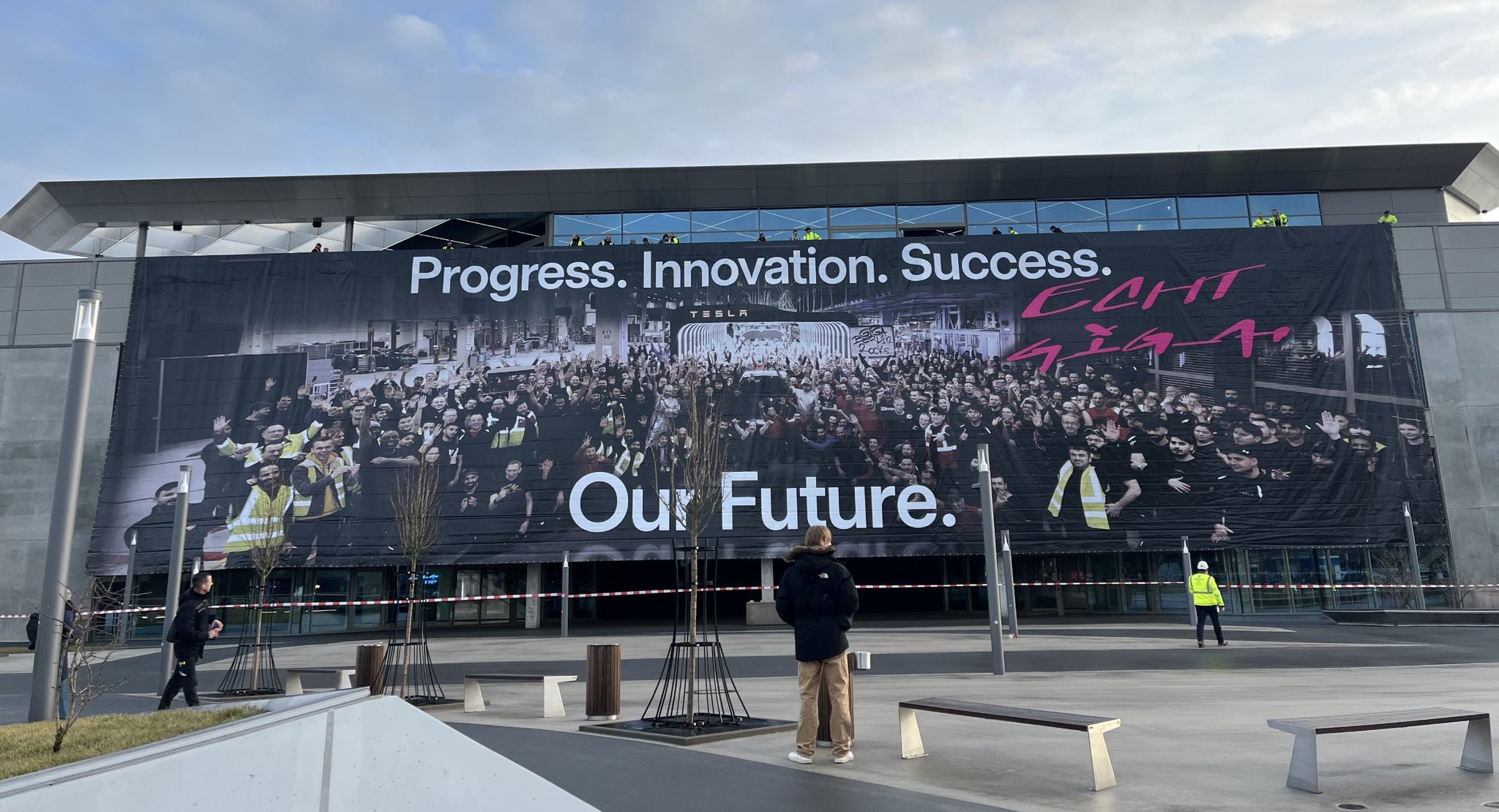

News
Tesla investor’s legal team urges DE court to respect Musk pay ratification vote
Tesla shareholders ratified Elon Musk’s 2018 CEO Performance Award at the 2024 Cyber Roundup, but the fight about the matter in Delaware Court is not over just yet. This was highlighted in a joinder filed by the legal team of a TSLA investor who decided to challenge the astronomical fee request of the lawyers of shareholder Richard Tornetta, who filed a legal complaint about Musk’s 2018 pay package at a time when he held just nine shares of the EV maker.
Tornetta’s legal team has argued that they deserve to be paid over 29 million shares of TSLA for their services in the case, which translated to over $5 billion at the time or over $200,000 per hour. Tesla shareholder Amy Steffens, a longtime investor of Tesla with over 19,000 shares, secured her own legal team to challenge the fee request of Tornetta’s lawyers. Following the decision of Tesla investors to ratify Musk’s pay package at the 2024 Cyber Roundup, Tornetta’s legal team argued that the ratification of the CEO’s pay package was invalid since investors were still “coerced” and “uninformed.” The lawyers also described the events that transpired leading up to the ratification of Musk’s pay package as a “clown show.”
Steffens’ legal team has now submitted a joinder for the case, which will hopefully be heard later this week when the court is expected to hold a hearing for the motion to reconsider the Delaware Judge’s preliminary ruling in the case. The joinder, parts of which were shared on X by Tesla investor Alexandra Merz, argued that the ratification of Musk’s pay package by TSLA shareholders showed that Tornetta’s complaint against the CEO Performance Award “provided no tangible economic benefit to Tesla or its stockholders.” Steffens’ legal team also highlighted that contrary to the claims of Tornetta’s lawyers, the shareholder vote on Musk’s pay plan is likely among the most informed stockholder votes in Delaware history.
2/ pic.twitter.com/yR15N66cbM— Ale?andra Merz ?? (@TeslaBoomerMama) July 30, 2024
“The Ratification Vote was fully informed indeed, it is likely among the most informed votes in Delaware corporate history. The extensive proxy filings included this Court’s rescission opinion, so Tesla’s stockholders were well aware of the issues identified by this Court prior to their ratification vote. The ratification issue was robustly debated online, on television, and in newspapers. Opponents— including Mr. Tornetta’s experts in this litigation made their voices heard.’ When the votes came in, Mr. Tornetta lost decisively: 72% of disinterested voting shares favored ratification,” the lawyers wrote.
4/ pic.twitter.com/xc0k1Zsq9A— Ale?andra Merz ?? (@TeslaBoomerMama) July 30, 2024
Steffens’ legal team also addressed the “clown show” comment from Tornetta’s attorneys. “Mr. Tornetta’s counsel disparages this exercise of stockholder democracy as a ‘clown show.’ It is anything but. Ms. Steffens and Tesla’s other stockholders had all the relevant facts before them, including this Court’s decision, and determined that the 2018 Grant benefited them more than rescission. When stockholders freely petition their elected board for a vote, and then overwhelmingly affirm a board’s decision by voting to uphold it, further litigation by a derivative plaintiff attacking that democratically determined result is neither necessary nor appropriate,” Steffens’ legal team noted.
The longtime Tesla investors’ legal team urged the court to respect TSLA stockholders’ democracy as well. “Even beyond Due Process concerns, respect for stockholder democracy commends limiting Plaintiff’s continuing role in light of the Ratification Vote. Here, the question goes beyond Mr. Tornetta’s adequacy to the source of his authority. When Mr. Tornetta steps into the shoes of Tesla as a derivative plaintiff, he does so without democratic legitimacy. Tesla’s stockholders can vote out their directors, but they lack any democratic means to revoke Mr. Tornetta’s authority as a plaintiff.
??— Elon Musk (@elonmusk) July 30, 2024
“Ms. Steffens respectfully suggests that in this specific context-where a supermajority of fully-informed, uncoerced stockholders unambiguously repudiates the relief obtained by a derivative plaintiff-the Court should treat this as a vote of no confidence and withdraw Mr. Tornetta’s authority to act on behalf of the Company. At the very least, where a plaintiff has shown himself willing to pay his counsel hundreds of thousands of dollars per hour to engage in legal work that conflicts directly with the wishes of the vast majority of stockholders, those stockholders should have some means (through the ballot box or the courtroom) to eliminate that plaintiff’s authority to continue to engage in such damaging conduct while purporting to act on their behalf,” the longtime TSLA shareholder’s legal team wrote.
Tesla CEO Elon Musk seems to have appreciated the efforts of the TSLA stockholder’s legal team. Responding to a post about the matter on social media platform X, Musk responded to the shareholder’s efforts with a couple of “lit” emojis.
Don’t hesitate to contact us with news tips. Just send a message to simon@teslarati.com to give us a heads up.

Elon Musk
xAI’s Grok approved for Pentagon classified systems: report
Under the agreement, Grok can be deployed in systems handling classified intelligence analysis, weapons development, and battlefield operations.

Elon Musk’s xAI has signed an agreement with the United States Department of Defense (DoD) to allow Grok to be used in classified military systems.
Previously, Anthropic’s Claude had been the only AI system approved for the most sensitive military work, but a dispute over usage safeguards has reportedly prompted the Pentagon to broaden its options, as noted in a report from Axios.
Under the agreement, Grok can be deployed in systems handling classified intelligence analysis, weapons development, and battlefield operations.
The publication reported that xAI agreed to the Pentagon’s requirement that its technology be usable for “all lawful purposes,” a standard Anthropic has reportedly resisted due to alleged ethical restrictions tied to mass surveillance and autonomous weapons use.
Defense Secretary Pete Hegseth is scheduled to meet with Anthropic CEO Dario Amodei in what sources expect to be a tense meeting, with the publication hinting that the Pentagon could designate Anthropic a “supply chain risk” if the company does not lift its safeguards.
Axios stated that replacing Claude fully might be technically challenging even if xAI or other alternative AI systems take its place. That being said, other AI systems are already in use by the DoD.
Grok already operates in the Pentagon’s unclassified systems alongside Google’s Gemini and OpenAI’s ChatGPT. Google is reportedly close to an agreement that will result in Gemini being used for classified use, while OpenAI’s progress toward classified deployment is described as slower but still feasible.
The publication noted that the Pentagon continues talks with several AI companies as it prepares for potential changes in classified AI sourcing.
Elon Musk
Elon Musk denies Starlink’s price cuts are due to Amazon Kuiper
“This has nothing to do with Kuiper, we’re just trying to make Starlink more affordable to a broader audience,” Musk wrote in a post on X.

Elon Musk has pushed back on claims that Starlink’s recent price reductions are tied to Amazon’s Kuiper project.
In a post on X, Musk responded directly to a report suggesting that Starlink was cutting prices and offering free hardware to partners ahead of a planned IPO and increased competition from Kuiper.
“This has nothing to do with Kuiper, we’re just trying to make Starlink more affordable to a broader audience,” Musk wrote in a post on X. “The lower the cost, the more Starlink can be used by people who don’t have much money, especially in the developing world.”
The speculation originated from a post summarizing a report from The Information, which ran with the headline “SpaceX’s Starlink Makes Land Grab as Amazon Threat Looms.” The report stated that SpaceX is aggressively cutting prices and giving free hardware to distribution partners, which was interpreted as a reaction to Amazon’s Kuiper’s upcoming rollout and possible IPO.
In a way, Musk’s comments could be quite accurate considering Starlink’s current scale. The constellation currently has more than 9,700 satellites in operation today, making it by far the largest satellite broadband network in operation. It has also managed to grow its user base to 10 million active customers across more than 150 countries worldwide.
Amazon’s Kuiper, by comparison, has launched approximately 211 satellites to date, as per data from SatelliteMap.Space, some of which were launched by SpaceX’s Falcon 9 rocket. Starlink surpassed that number in early January 2020, during the early buildout of its first-generation network.
Lower pricing also aligns with Starlink’s broader expansion strategy. SpaceX continues to deploy satellites at a rapid pace using Falcon 9, and future launches aboard Starship are expected to significantly accelerate the constellation’s growth. A larger network improves capacity and global coverage, which can support a broader customer base.
In that context, price reductions can be viewed as a way to match expanding supply with growing demand. Musk’s companies have historically used aggressive pricing strategies to drive adoption at scale, particularly when vertical integration allows costs to decline over time.
News
Tesla Giga Berlin makes a statement of solidarity amid IG Metall conflict
The display comes as tensions between Tesla and IG Metall continue to escalate.

Tesla Giga Berlin is sending a strong message of solidarity amid its ongoing legal dispute with German union IG Metall.
In a post on social media platform X, Giga Berlin plant manager André Thierig shared an image of the facility’s lobby covered with a large banner that reads: “Progress. Innovation. Success.” He added that the slogan reflects what the facility has stood for since Day One.
“Our lobby at Giga Berlin covered in a huge banner these days. Progress. Innovation. Success – this is what we stand for since we started production in 2022 and how we will go into our future!” Thierig wrote in his post on X.
The display comes as tensions between Tesla and IG Metall continue to escalate.
The dispute began after Tesla accused a union representative of secretly recording a works council meeting at Giga Berlin. Tesla stated that it filed a criminal complaint after the alleged incident. Police later confirmed they had seized a computer belonging to an IG Metall member as part of their investigation.
“What has happened today at Giga Berlin is truly beyond words! An external union representative from IG Metall attended a works council meeting. For unknown reasons he recorded the internal meeting and was caught in action! We obviously called police and filed a criminal complaint!” Thierig wrote on X at the time.
IG Metall denied the accusation and characterized Tesla’s move as an election tactic ahead of upcoming works council elections. The union subsequently filed a defamation complaint against Thierig. Authorities later confirmed that an investigation had been opened in connection with the matter.
Giga Berlin began production in 2022 and has since become one of Tesla’s key European manufacturing hubs, producing the Model Y, the company’s best-selling vehicle. The facility has expanded capacity over the past years despite environmental protests, labor disputes, and regulatory scrutiny.








